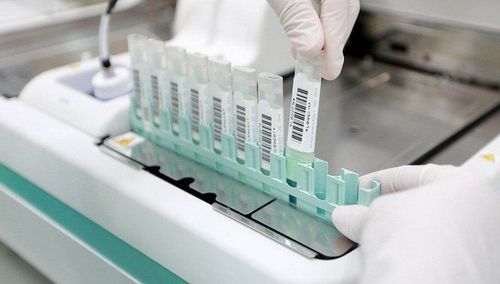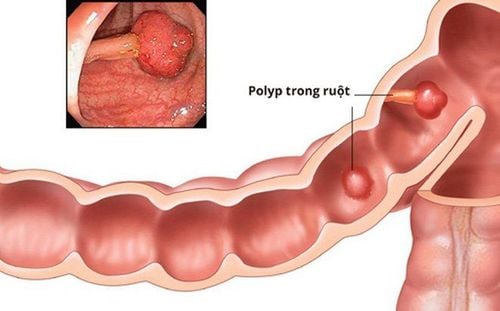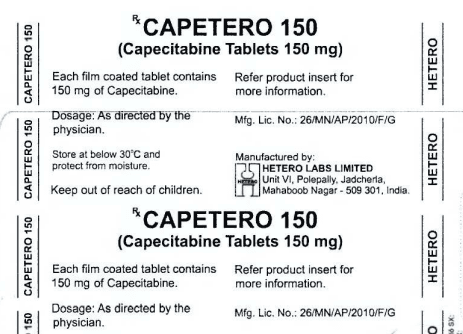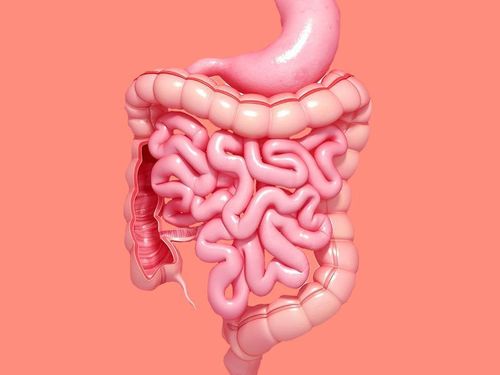This is an automatically translated article.
The article is professionally consulted by Master, Doctor Tran Thi Vuong - Laboratory Department - Vinmec Hai Phong International General Hospital.
Fecal occult blood test is a test that can detect a small amount of blood mixed in the stool, invisible to the naked eye to screen for related diseases such as colorectal cancer, colorectal polyps ...
1. Learn about fecal occult blood test
Fecal occult blood test also known as FOBT- a test used to check stool samples for occult blood.Blood in the stool can be a sign of the presence of diseases such as: colon cancer or polyps of the colon or rectum - although not all cancers or tumors bleed. Often, hidden blood can be detected only through the chemicals used in a blood test.
If blood is detected through a fecal blood test, additional testing may be ordered to determine the source of the bleeding. The occult blood test can only detect the presence of blood, not indicate the source of the bleeding.
2. What to do before the test?
Different foods or medications can affect the results of some stool blood tests - either indicating blood when it's not (false positive) or a lack of presence of blood actually present ( false negative). To ensure accurate test results, follow your doctor's instructions carefully.
Some fruits and vegetables such as: broccoli and beets. Red meats. Horseradish. Vitamin C supplement. Pain relievers, such as aspirin, ibuprofen (Advil, Motrin, others).
3. Some typical stool blood tests.
There are several types of fecal blood tests, with different approaches to collecting and testing stool. These include:Stool guaiac blood test (gFOBT): Your doctor will give you a test card with two or three samples or two or three test cards. Collect a stool sample from every two to three bowel movements in a clean container, usually done on consecutive days, and then use a stick to apply a stool smear to a specific area of cards. After the sample is dry, it will be returned to the laboratory for testing.
Pure pad or flushable tissue: You can get this kit at a store without going through a doctor. Place the pad or tissue in the toilet after a heavy bowel movement, usually on three consecutive days. The pads change color in the presence of blood and then report the changes to the doctor, usually on a letter form.
Immunochemical Stool Blood Test (FOBT or FIT): The collection method for this test may depend on the manufacturer, but usually, a special spoon or other device is used to collect a stool sample. and store it in a container that comes with the test kits. The resulting containers are then taken to a doctor or a laboratory.
Immunochemical is test newer than gFOBT. It does not require any diet prior to sample collection and testing can usually be done on a random stool sample. Immunochemical test is also more accurate than gFOBT.
For accurate results, it is important that you return samples in a timely manner.
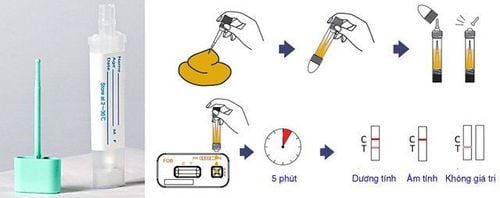
4. Steps to perform fecal occult blood test
The patient's stool will be collected with special tools and stored in a clean plastic container, then transported to the laboratory. The person performing the test will collect the stool into the test device (a small tube containing a liquid solution of the reactant). Then drop the reagent solution mixed with the stool into the test bar. Results will be read in 10 minutes.There are several test kits (kits) that you can buy at the pharmacy to do this test at home. Some people will be given these kits to make at home.
Usually this test is done two to three times, on two or three different stool samples taken on different days. This is because gastrointestinal bleeding can occur at some point, so a one-time sample may not detect blood in the stool (false negative). Sampling multiple times on different days will help detect gastrointestinal bleeding more accurately.
Certain foods and medications can affect this test result, making it positive when there is actually no bleeding (false positive). Eating blood pudding (animal blood) can also affect test results.
Gastrointestinal cancer screening is a scientific and effective measure to detect gastrointestinal cancer early (esophageal cancer, stomach cancer, colon cancer) and provide a good treatment plan. best. Currently, Vinmec International General Hospital has a package of screening and early detection of cancers of the gastrointestinal tract (esophagus - stomach - colon) combined with clinical and paraclinical examination to bring the most accurate results. maybe.
Master. Doctor. After graduating as a general practitioner, Tran Thi Vuong spent 2 years training in microbiology in Japan. With 9 years of teaching experience at Hai Phong University of Medicine and Pharmacy, participating in many domestic and foreign scientific research projects, receiving continuous training in Laboratory Biosafety and Laboratory Quality Assurance. at the Central Hospital for Tropical Diseases, has experience in diagnostic testing for bacterial and viral infections. Currently, he is a doctor at the Laboratory Department of Vinmec Hai Phong International General Hospital.
If you have a need for consultation and examination at Vinmec Hospitals under the national health system, please book an appointment on the website for service.
Please dial HOTLINE for more information or register for an appointment HERE. Download MyVinmec app to make appointments faster and to manage your bookings easily.






